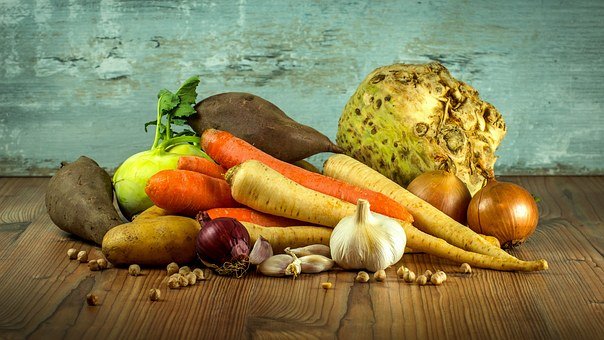
Some of the most common and popular brands of baby formula contain perchlorate, a synthetic chemical that may cause intestinal inflammation. However, this chemical is generally considered safe. Nevertheless, it may contain contaminants, such as pesticides and heavy metals. Additionally, some baby formulas contain antibiotics and hormones. In addition, artificial colors and flavors may cause hypersensitivity and behavioral disorders. To avoid such risks, it is important to check the label of the formula.
Dangerous Ingredients Found
Some formulas contain sugar, a naturally occurring sweetener in breast milk. Many brands have turned to other sources of added sugars to increase the sugar content of their products. Since cow’s milk is incredibly expensive, many brands turn to other forms of added sugar instead. While these added sugars are not harmful in themselves, they are not beneficial to your child’s health. Cow’s milk contains too much sugar for babies’ growing bodies.

Many infant formulas contain corn syrup, a sugar substitute derived from corn starch. Corn syrup is a high-calorie sweetener with little nutritional value. It has been linked to various health problems, including obesity, metabolic syndrome, and type 2 diabetes Enfamil’s cow milk based infant formulas. In addition, some infant formulas also contain melamine, a chemical that has been proven to cause cancer in more than 300,000 babies. This chemical is highly toxic and neurotoxic and can lead to respiratory and intestinal diseases.
There are several types of proteins found in infant formulas. Some are more natural than others. Amino acids and soy proteins are popular. However, they have no proven benefits and should not be used for infants with a variety of medical conditions. They should not be given to premature babies, to proctitis, or enterocolitis. The FDA has recommended avoiding amino acid-based formulas for these reasons.